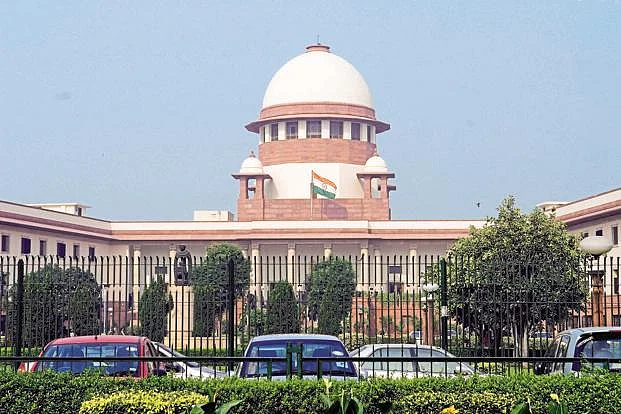The Supreme Court of India has ruled that further sub-classifications can be made into the Scheduled Caste and Scheduled Tribe quota. The top court further observed that states are empowered to make sub-classifications in SC, ST for quota.
Supreme Court Upholds Sub-Classification Within SC, ST Reservation
The Supreme Court of India has ruled that further sub-classifications can be made into the reservations under the Scheduled Caste and Scheduled Tribe quotas. The top court further observed that states are empowered to make sub-classifications in SC, ST for quota.

The verdict in the case was delivered by a bench led by Chief Justice of India DY Chandrachud. As per the latest reports, Justices B R Gavai, Vikram Nath, Pankaj Mithal, Manoj Misra, Satish C Sharma and the CJI upheld the decision. Justice Bela M Trivedi dissented.
With this ruling, the Supreme Court has officially overruled the 2004 judgement in the EV Chinnaiah case which held sub-classification wasn't permissible as SC, ST form homogenous classes.
The top court observed that the Scheduled Castes are not a homegenous group and state governments can sub-classify them in order to represent the marginalisied communities within SC and ST quotas.
While states are empowered to make sub-classifications, the top court has ruled that the basis of this sub-classification in the SC and ST quota must be justified by quantifiable, demonstrable data by the respective states.
Furthermore, the top court has ruled that states must identify the creamy layer in SC, ST and take them out of reservation.
During the hearing of the matter, the Central government had informed the top court that it was in favour of sub-classification in the SC and ST categories.
The CJI Chandrachud observed a distinction between "sub-classification" and "sub-categorisation" and held that many states would be required to sub-categories their quota systems to make sure the benefits reach more backward groups.
The members of SC/ST categories are not often unable to climb up the ladder due to the systemic discrimination they face. Article 14 permits sub-classification of caste," said the Chief Justice, adding, "Historical evidence shows that depressed class were not a homogenous class."
- Previous Story
 Elections 2024: Ashok Tanwar Joins Congress Again; Sehwag Endorses Congress Candidate In Haryana
Elections 2024: Ashok Tanwar Joins Congress Again; Sehwag Endorses Congress Candidate In Haryana - Next Story
























